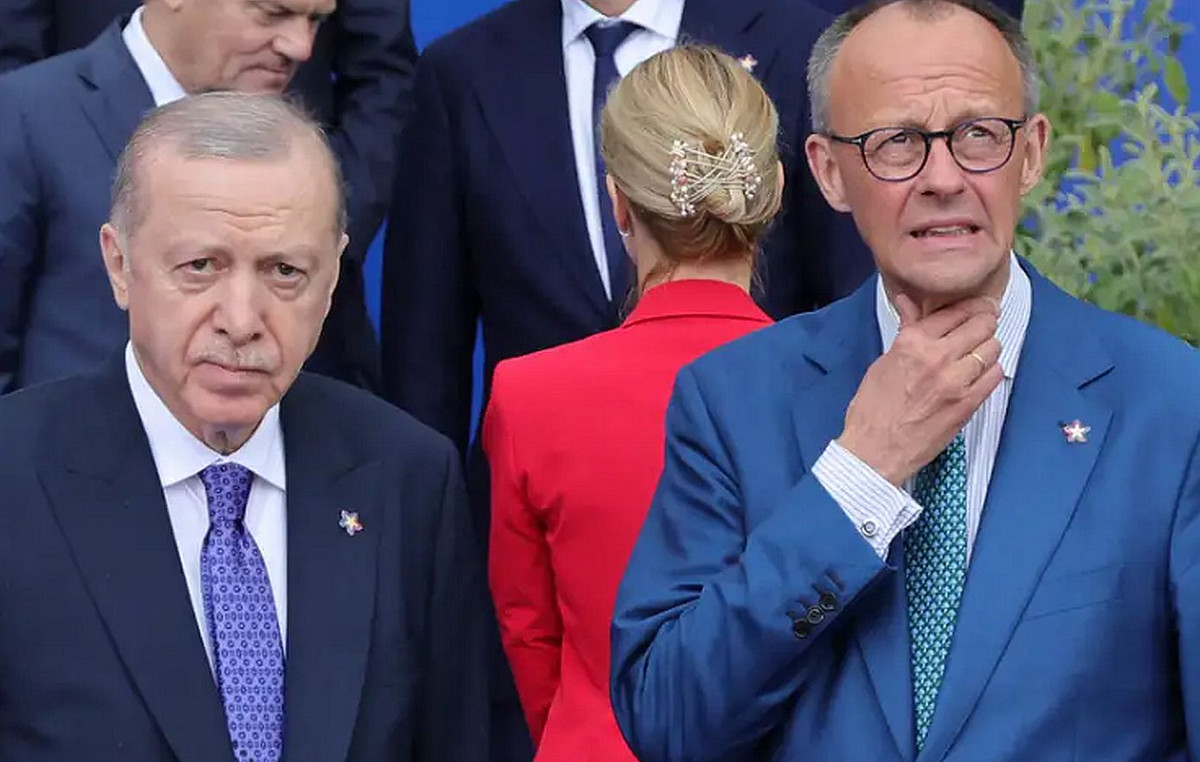The author of the material, economist Matthew Ferranti, believes that Bitcoin will allow central banks to pursue their own monetary policies more independent from the United States and reduce inflation pressure on local economies.
The first cryptocurrency has proven that it can be an effective diversifier of large investment portfolios, since there is no strong correlation between it and other financial instruments, the expert believes. According to him, Bitcoin, if accepted by regulators as a reserve, will reduce the risk of collapse of large commercial banks and reduce pressure on global markets for US government debt, which has exceeded the $35 trillion mark.
The analyst noted that the rapid depreciation of national currencies could be stopped by the central banks of leading countries placing Bitcoin reserves on their balance sheets.
If Donald Trump wins the US presidential electionDonald Trump), the likelihood of trade wars in the world will increase sharply, and Bitcoin as a risk hedging tool will reduce the negative effect, the economist suggested.
Earlier, CryptoQuant CEO Ki Young Ju said that by 2030, Bitcoin volatility will decrease, and the first cryptocurrency will be able to realize its potential as a global currency, and not just as an asset for speculation in the market.
Source: Bits
I am an experienced journalist, writer, and editor with a passion for finance and business news. I have been working in the journalism field for over 6 years, covering a variety of topics from finance to technology. As an author at World Stock Market, I specialize in finance business-related topics.







